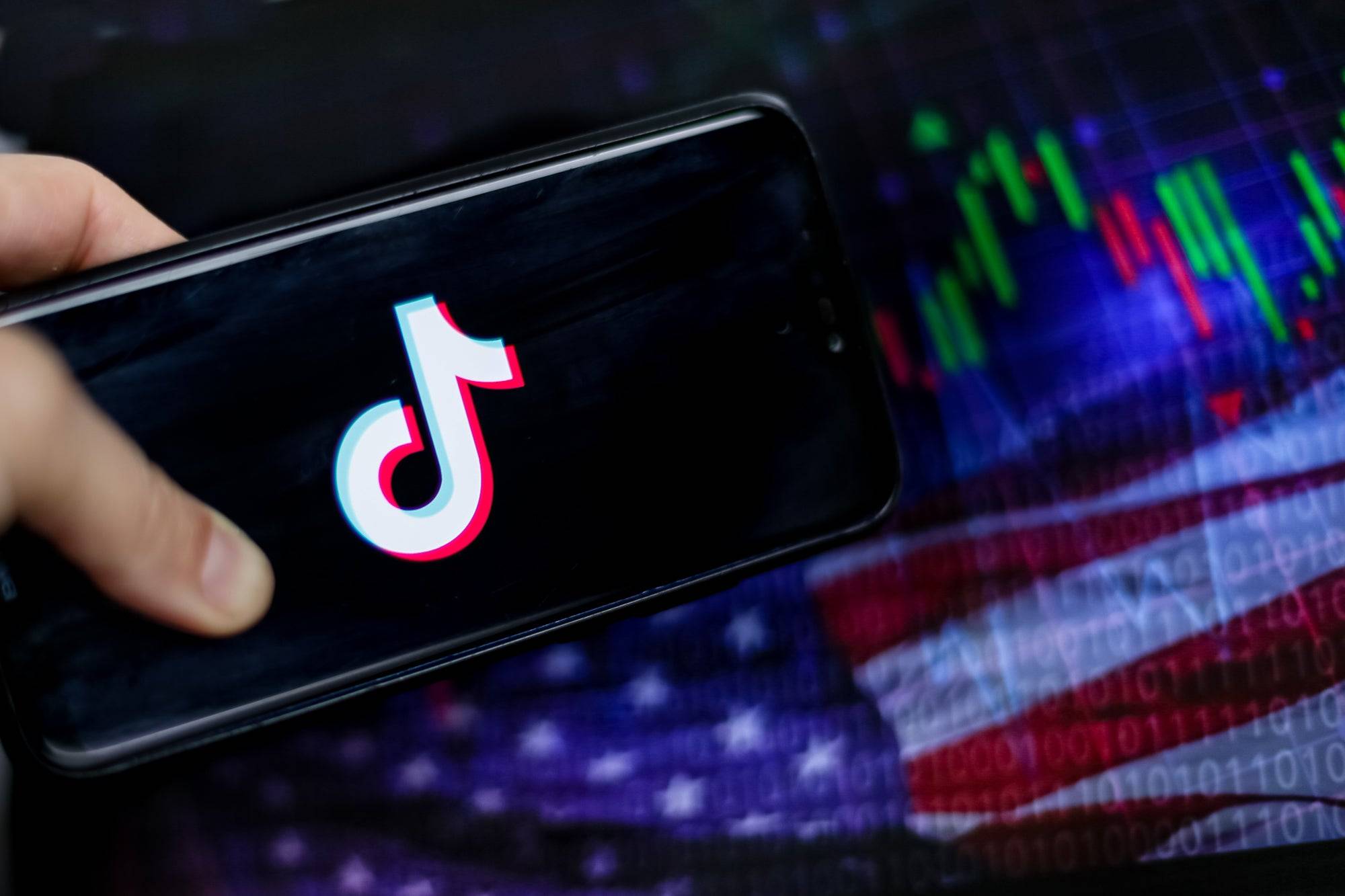The Supreme Court's rejection of TikTok's appeal paves the way for a potential ban on the platform, effective Sunday, January 19th. The court unanimously dismissed TikTok's First Amendment challenge, citing the app's scale, susceptibility to foreign control, and extensive data collection as justifying the government's national security concerns.

Without political intervention, TikTok will be unavailable in the U.S. starting Sunday. While President Biden prefers American ownership, the incoming Trump administration will handle the ban's implementation. The Supreme Court's ruling acknowledged TikTok's importance to its users but upheld the ban as necessary to address national security risks.
Trump, previously opposed to a complete ban, might issue an executive order delaying enforcement for 60-90 days. He reportedly discussed the matter with Chairman Xi Jinping. The possibility of China selling TikTok to a Western entity remains uncertain, although reports suggest this is being considered. Elon Musk, involved with the incoming administration, is reportedly acting as a potential intermediary for interested buyers, or may even attempt a purchase himself.
In anticipation of the ban, users have migrated to alternative platforms like Red Note (Xiaohongshu), with Reuters reporting a surge of over 700,000 new users in just two days.
TikTok's future in the U.S. hinges on a sale or a last-minute executive order from the Trump administration.




























